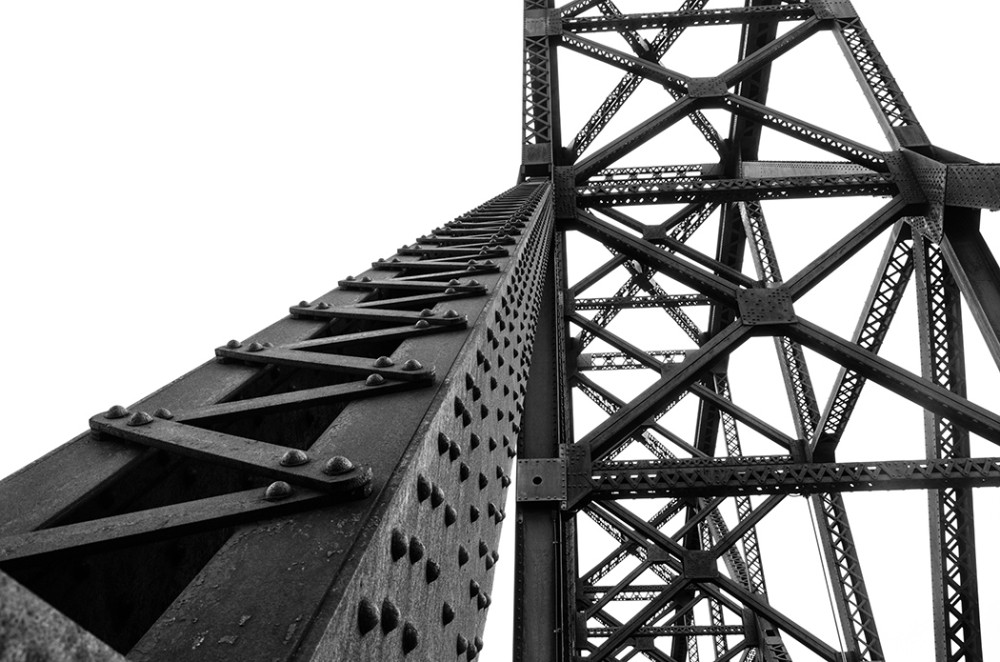A preacher and an ironworker
During seminary, I spent my summer breaks building bridges.

I was an ironworker. Earl was my foreman. We worked for a company building bridges in Florida. Some of them were simple overpasses for an expanding interstate highway. Others were the top layer of a three-layer-cake structure—they swirled over the bridges below. No one showed us the plans. These bridges were complicated and scary high. We built one bridge over a bay. It had to be high enough for ships to fit under. Once they were completed, I drove family members and friends over the bridges and said, “I built this.”
Of course, more people were involved in this work than our crew of 12 or so ironworkers. There were carpenters, concrete finishers, and laborers. Laborers mostly worked the Georgia backhoe—our name for a shovel—preparing the approaches from roadways to bridges. This being Florida in the late 1960s and early ’70s, the crews were segregated. Ironworkers were white. Carpenters were white. Concrete finishers were black. Laborers were mostly black. It was a man’s world except for the occasional female dump truck driver.
I was the only college student—and then graduate student—on the crew. It did not take long before people knew I was studying to be a pastor. Everyone called me preacher. Earl hired me back every summer and during Christmas vacation. By the end of each summer I was close to being the senior man on the crew. That’s a high turnover rate.





